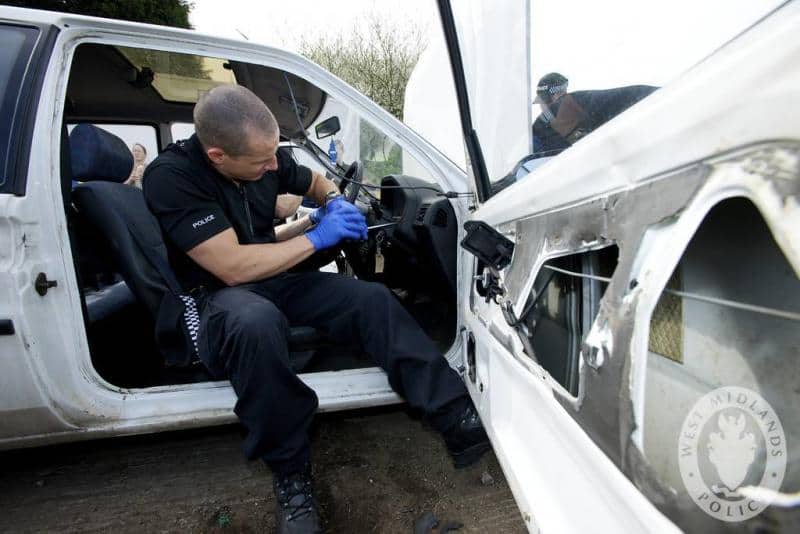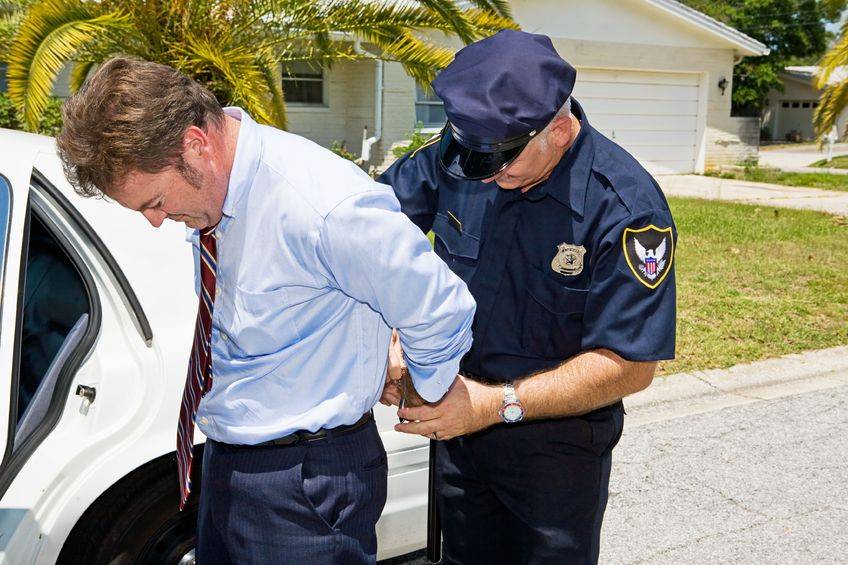
In State v. Afana, the WA Supreme Court held the warrantless search of a vehicle incident to passenger arrest was unlawful, and there is no “good faith” exception under the Washington Constitution.
BACKGROUND FACTS
At 3:40 a.m., Deputy Miller noticed a car which was legally parked on a city street in Spokane County. He became suspicious, parked his cruiser behind the vehicle, shone his spotlight on it, and made contact. Two people were inside. The driver said they were watching a movie on his portable DVD player. Deputy Miller ran warrant checks on both individuals. He discovered a warrant existed for the passenger, Ms. Bergeron, for the crime of Criminal Trespass. He arrests her.
Deputy Miller searched the car and found a black cloth bag behind the driver’s seat. The bag contained a crystalline substance which looked like methamphetamine. He also found a glass marijuana pipe, needles, and plastic scales. Deputy Miller arrested Mr. Alfana, the driver, on Drug Charges.
The case wound up for review before the WA Supreme Court. in the meantime, the U.S. Supreme Court issued its decision in Arizona v. Gant, 129 S. Ct. 1710 (2009). There, the Court said that police may search a vehicle incident to arrest “only if the arrestee is within reaching distance of the passenger compartment at the time of the search or it is reasonable to believe the vehicle contains evidence of the offense of arrest.”
The Court reasoned that, pursuant to Gant, nothing justified the search that happened after arrest. Although the warrant for Bergeron’s arrest gave Deputy Miller a basis to arrest her, he had no reason to believe that the vehicle she occupied contained evidence of her underlying crime, namely, Criminal Trespass. The deputy also lacked reason to believe that she posed a safety risk because she was already in custody in the backseat of the patrol vehicle.
Furthermore, the fact that the driver, Afana, was unsecured at the time of the search does not justify the search. This is so because he was not under arrest at the time the search was conducted, and Gant held that “police may search a vehicle incident to a recent occupant’s arrest only if the arrestee is within reaching distance of the passenger compartment at the time of the search.” Here, the only arrestee was Bergeron; who was already in the backseat of the police cruiser.
The Court addressed the State’s “Good Faith” exception to warrantless searches. Historically, this exception allows an otherwise unconstitutional search or seizure if the police officer believes the search was constitutional/reasonable at the time. Here, the court rejected the State’s “Good Faith” argument because there was no probable cause to conduct the illegal search in the first place. The evidence was suppressed.
My opinion? August is a BIG month for handing down post Gant-related decisions (please refer to my blog on State v. Tibbles). I’m really impressed with how the WA Supremes are handling Gant. They aren’t chipping away at Gant with BS opinions. They are, in fact, honoring Gant. Afana was a unanimous decision, with only one Justice dissenting. Horray! 🙂
Please contact my office if you, a friend or family member are charged with a crime. Hiring an effective and competent defense attorney is the first and best step toward justice.
















